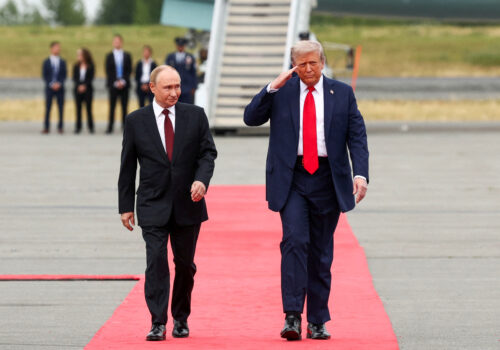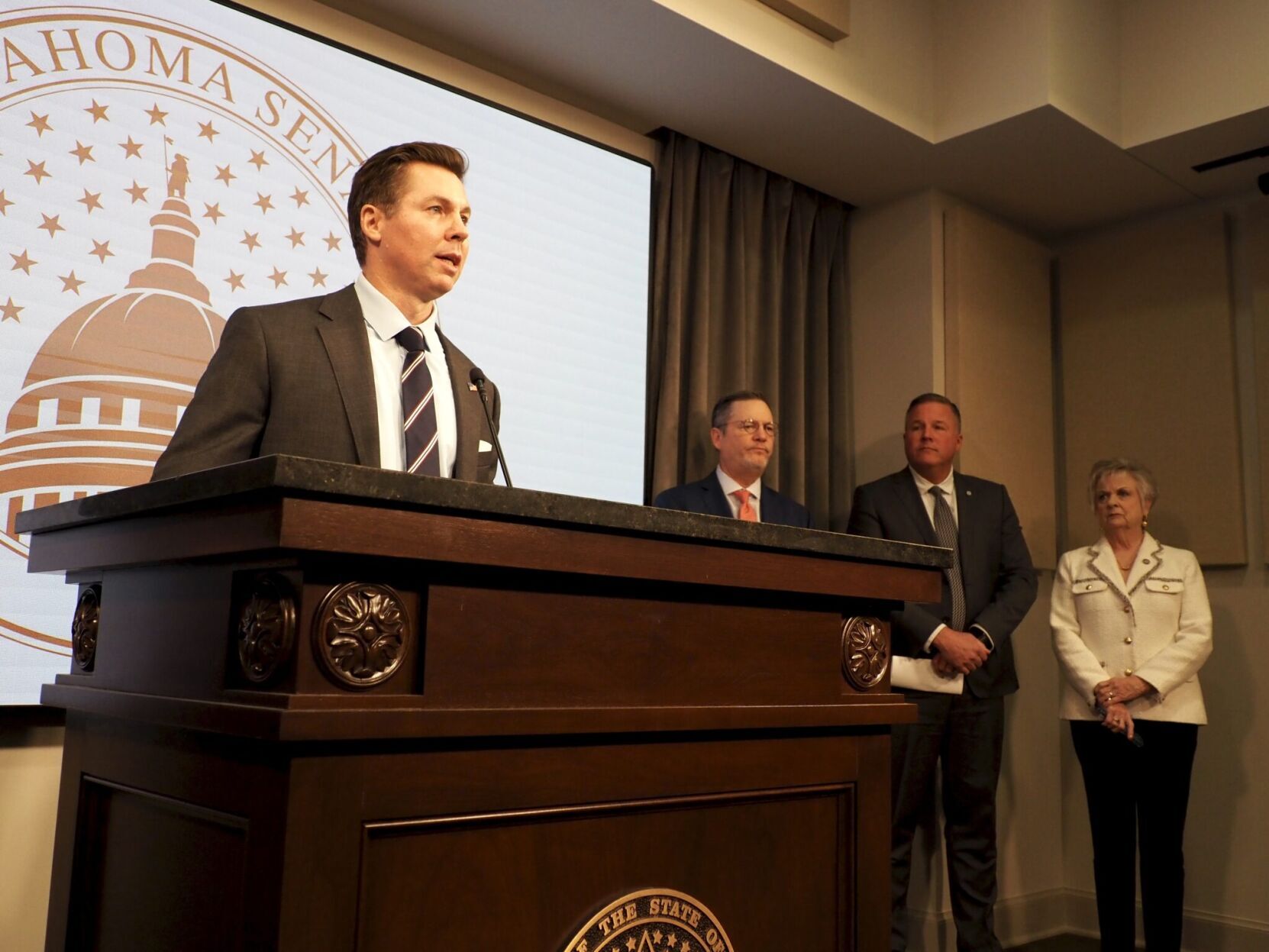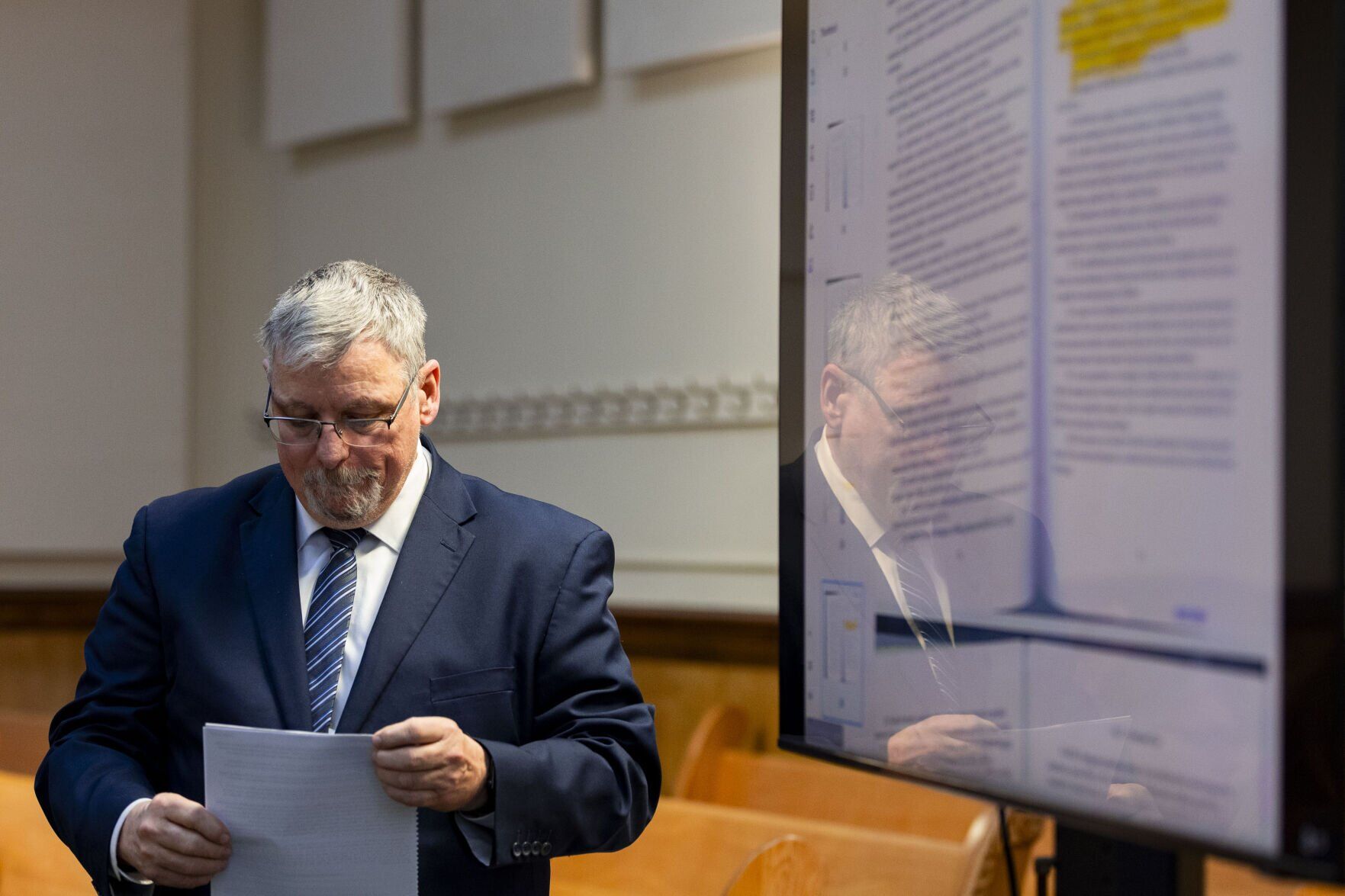Recent Alaska and White House summits have revealed the limits of President Trump’s attempts at forging peace with Russia over Ukraine. Analysts warn that unless President Putin faces greater military setbacks, he is unlikely to change course on the ongoing conflict.
Sorry, Trump, but Putin will not pursue peace until he is facing military defeat

Key Takeaways:
- Russia continues to reject Trump’s peace overtures.
- Putin reportedly will not negotiate until he faces more pressure.
- Recent diplomatic summits failed to advance a peace deal.
- The war in Ukraine remains unresolved.
- Analysts Davlikanova and Malik believe stronger pressure is needed to shift Russia’s stance.
Introduction
Recent Alaska and White House summits were intended to open diplomatic channels between former President Donald Trump and Russian President Vladimir Putin over the ongoing conflict in Ukraine. However, the outcome has been sobering: despite the high-profile discussions, the Kremlin remains resolute in its refusal to accept peace terms.
Summits’ Attempts
In the wake of these summits, it became evident that Moscow is not inclined to move forward on Trump’s peace overtures. Delegations from both sides convened in hopes of reaching a compromise, yet no tangible results emerged. Observers who followed the talks point to a mismatch in leverage—Russia views its position as strong enough to resist accommodating any U.S.-backed initiatives.
Why Russia Refuses to Compromise
Analysts indicate that Putin sees little reason to engage in meaningful negotiations unless he is confronted with significantly more military pressure. The conflict in Ukraine, while taxing, may still be sustainable for Russia under current conditions. This impression of relative strength reportedly emboldens the Kremlin to continue its current course.
Expert Commentary
Elena Davlikanova and Yevhen Malik, writing for the Atlantic Council, argue that diplomacy alone will not be enough to persuade Putin to pursue peace. They suggest that real, tangible costs for Russia—potentially in the form of escalated military or economic pressure—are required to shift Putin’s calculations. As they note, until these costs become unavoidable, the Kremlin will likely maintain its rejection of any proposals that limit Russia’s strategic ambitions.
Conclusion
While U.S. peace overtures have garnered headlines, the results illustrate that Russia’s willingness to engage hinges on a shift in the balance of power. Without greater pressure or setbacks, Putin is unlikely to change course, leaving the war in Ukraine unresolved. For now, the prospects for a peaceful resolution remain distant, emphasizing the need for a more forceful approach to alter the Kremlin’s stance.











